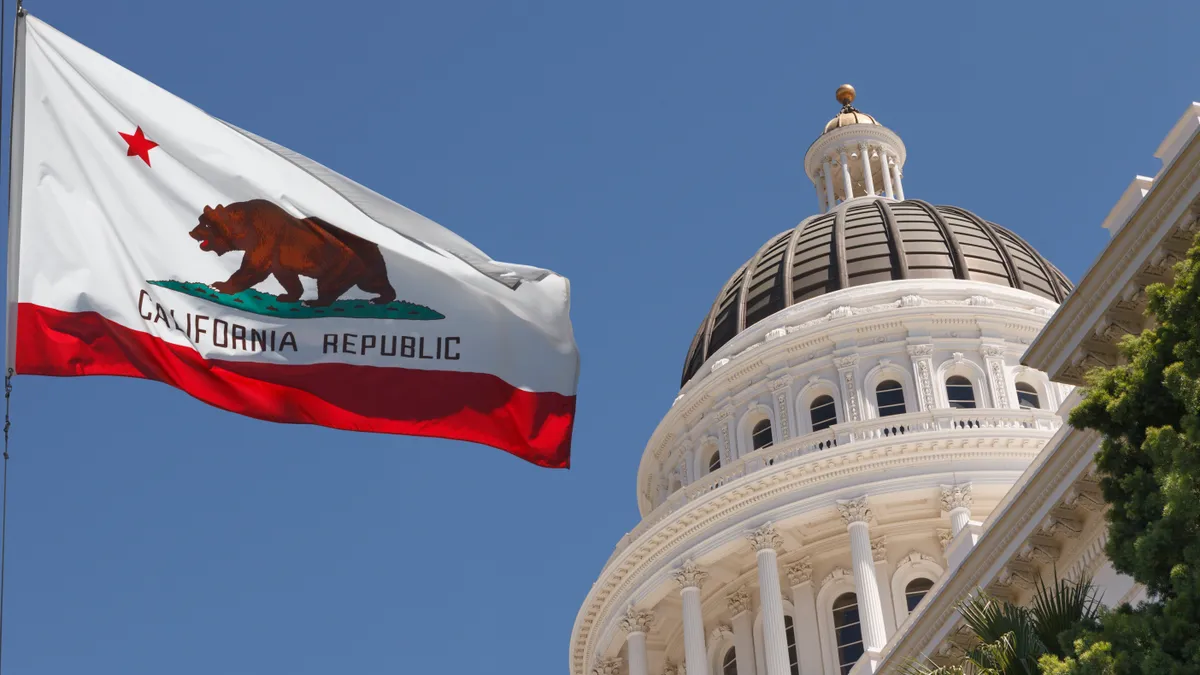Dive Brief:
- The California Department of Financial Protection and Innovation on Tuesday issued a consent order against installment lending company Credova Financial, which caters to gun sellers, over “hidden junk fees,” according to a Tuesday press release.
- Credova, an online platform enabling merchants to offer point-of-sale financing for merchandise, knew its users could be charged convenience fees by a third-party servicer, but didn’t share that information with consumers who signed up for installment contracts, the California DFPI said in the release. That’s a deceptive practice that violated the state’s consumer financial protection law, the agency explained.
- Bozeman, Montana-based Credova is required to pay a $50,000 penalty and share potential third-party convenience fees with consumers going forward, the agency said. Spokespeople for Credova didn’t immediately respond to a request for comment.
Dive Insight:
Credova deems its offering “buy now, pay later for the outdoor lifestyle” and works with a large number of gun merchants, according to its website.
The company has been the target of scrutiny from Democratic Congress members, who last year proposed a ban on BNPL loans being used to finance semiautomatic weapons, Bloomberg reported. A spokesperson for Rep. John Larson, a Connecticut Democrat who introduced the legislation, said last year that Credova is currently the only major BNPL provider offering financing for firearms.
Credova uses a third-party servicer for installment plans originated through its platform, California’s DFPI said. The servicer charges consumers convenience fees when they opt to make payments online or by phone, according to the release.
The order against the company is part of a broader effort to shield consumers from hidden fees through the California Consumer Financial Protection Law, the agency said in its release. Clamping down on unnecessary or excessive charges has also been part of the Biden administration’s agenda.
“Hidden convenience fees fit into a broad category known as ‘junk fees’ and increase the amount that consumers pay for goods and services,” DFPI Commissioner Clothilde V. Hewlett said in the release. The law “is a powerful tool against these fees and excessive financial charges, which have an outsized negative impact on low-income consumers.”











